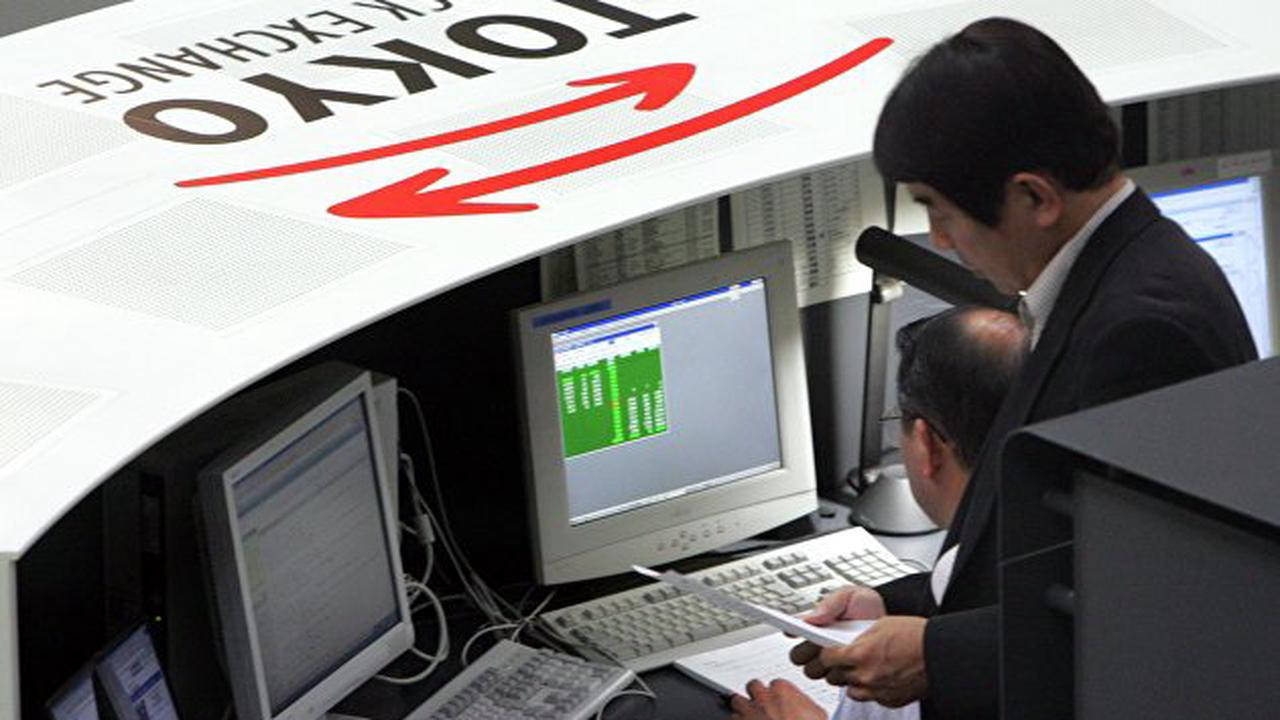
Asian stock indices mostly declined in Tuesday's trading due to negative expectations for economic growth and inflation. The Shanghai Composite index went up 0.64%, while the Shenzhen Composite fell by 0.13%. Hong Kong's Hang Seng Index lost 0.45% and South Korea's KOSPI gained 0.94%. Australia's S&P/ASX 200 index declined by 0.14% and Tokyo's Nikkei 225 index went down 0.62%.
The main reason of Asian indexes falling is the negative expectations of the Japanese Central Bank concerning the economic growth for the fiscal year 2021, which will end on March 31, 2022. The current forecast decreased to 2.8% compared to October forecast of 3.4%. At the same time, expectations for Japan's GDP growth in fiscal year 2022 increased from 2.9% to 3.8%. Besides, the Bank of Japan kept expectations for inflation in 2021 at 0%, while the inflation outlook for 2022 and 2023 was raised to 1.1%.
The Central Bank of Japan also left the interest rate unchanged ( - 0.1%). It has been at this level for 6 years.
Following a drop in Nikkei 225, the value of Japan's major companies shares declined: Nippon Steel Corp. stocks went down 7.2%, Kobe Steel Ltd. lost 6.5%, Japan Steel Works Ltd. fell by 4.4%, Mazda Motor Corp. declined by 3.7% and Yamaha Corp. decreased by 2.8%. At the same time, Fast Retailing Co. Ltd. shares rose by 2% and Nintendo Co. went up 1%.
Another cause for investors' concern is the tense situation in China's real estate market. Following Evergrande, other companies in this sector are on the verge of bankruptcy. According to experts, this situation was caused due to a crackdown in the real estate sector. As a result, companies could not fulfill their obligations to bondholders.
Anta Sports Products, Ltd., CITIC Ltd., and Xiaomi Corp. (+0,9%) were among Chinese companies with the highest stock growth. They gained 2.1%, 1.7%, and 0.9% respectively. Meanwhile, shares of Tencent Holdings Ltd. fell by 1.8% and Geely Automobile Holdings Ltd. lost 1.4%.
Following the KOSPI, shares of SsangYong Motor Co. Ltd. fell by 19.2%, Kia Corp. declined by 0.7% and Hyundai Motor Co. lost 1.7%. Besides, stocks of Samsung Electronics Co. went down 0.6% and LG Corp. fell by 1.7%.
LG Corp subsidiary LG Energy Solution, which makes batteries for electric cars, is starting to collect bids from investors for a future IPO on the Korean stock exchange. It is expected to be one of the largest Korea's IPOs.
Despite the decline in the Australian index, the country's largest companies showed an increase in their shares: BrainChip Holdings Ltd. went up 26%, Xero Ltd. gained 2%, BHP Group rose by 1.2% and Pilbara Minerals increased by 2.3%. Rio Tinto's stocks fell by 0.4% due to a 5.4% decline in iron ore shipments in the fourth quarter of 2021.





















